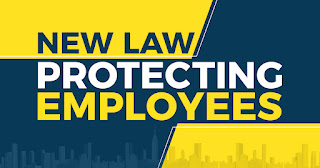Starting on December 5, 2025, RPAPL 881 offers a new framework under S3799C for a property owner seeking a court ordered license in a special proceeding to access their neighbor's property in order to make improvements or repairs. As the bill jacket explains, sometimes "owners and their neighbors cannot work out a solution without going to court" and the prior law, from 1968, is now being updated to be more predictable. The framework makes it easier to name lessees into the proceeding as their rights will be adversely impacted and they are a necessary party to such lawsuits. It also clarifies that a licensee can be obtained for a preconstruction survey to document the existing condition of the property, to address vibration, cracks, optical monitoring devices, protective coverings for the property, scaffolding, bracing, building supports, flashing, and construction staging necessary to complete work, amongst others. The new law also requires the licensee to maintain commercial general liability insurance for damages to persons or property with the adjoining owner as an additional insured. Finally, to the good stuff, "[t]he licensee shall be required to reasonably compensate the adjoining owner for the loss of use and enjoyment of the adjoining premises including diminution in value." plus, "to reimburse the adjoining owner for reasonable fees incurred in connection with the review of relevant documents for the installation, maintenance, inspection, repair, replacement or removal of devices, structures, materials or equipment on the adjoining property."
If you’re facing a construction-access fight with a neighbor, or you need to secure compensation for loss of use, we handle RPAPL 881 litigation. Contact Lieb at Law to protect your rights and your property.
*attorney advertising
.jpg)







